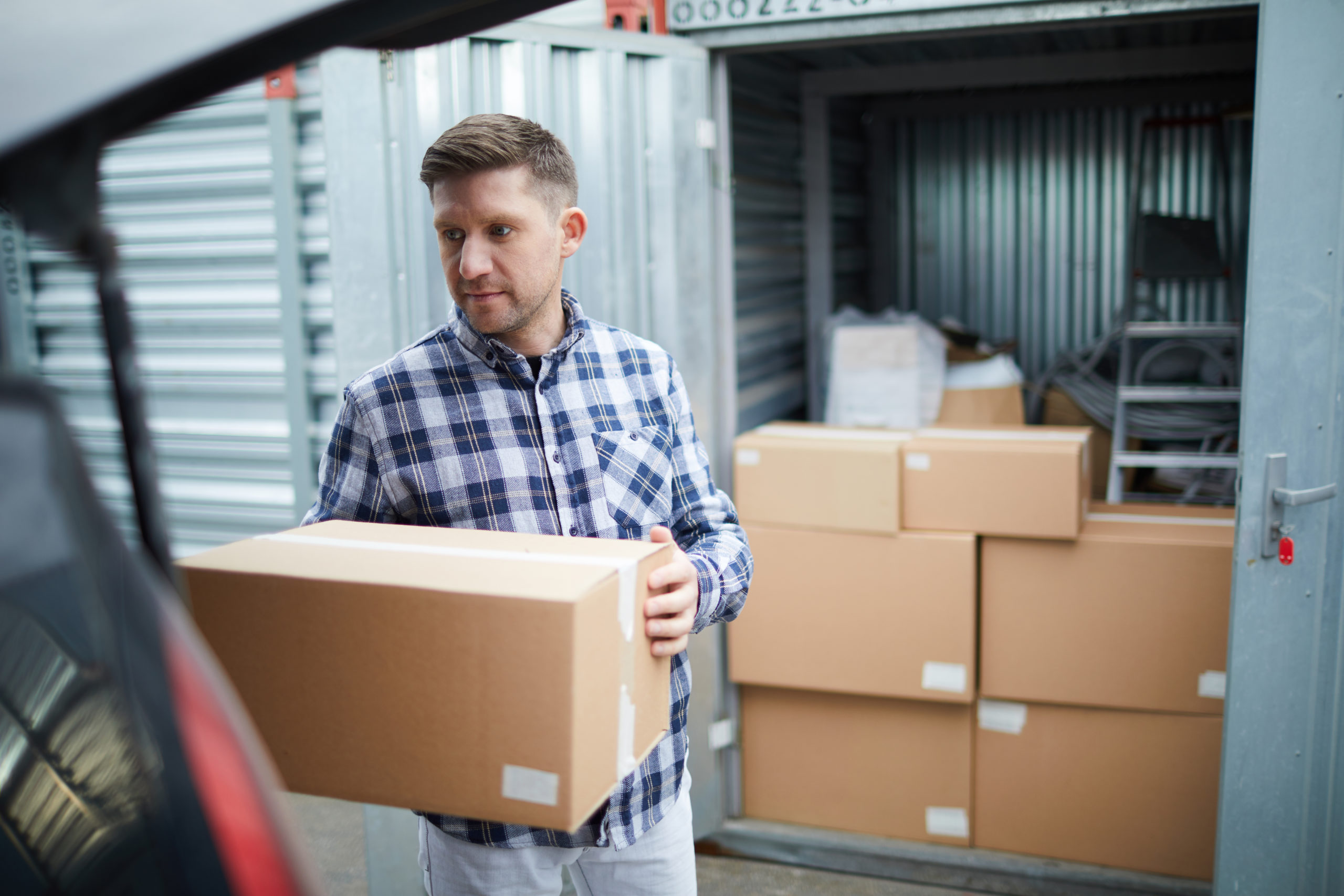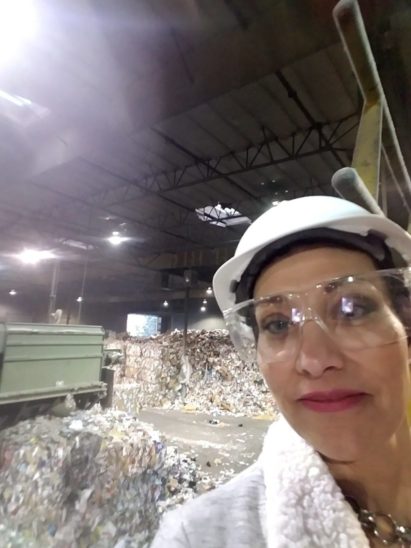
Recycling is important. I think the majority of people reading this post can agree.
But, did you many parts of the world – even the US – either don’t place a high priority on recycling, or don’t take time to ensure what they toss in, is actually recyclable?
That may not seem that alarming but the repercussions can be.
Contaminants – items that are not recyclable – can delay the recycling process, ruin equipment, and post hazards to employees at MRFs. Ultimately, contaminants drive up the cost of recycling, and since the goal is to save resources and dollars, goes against the entire point of recycling.
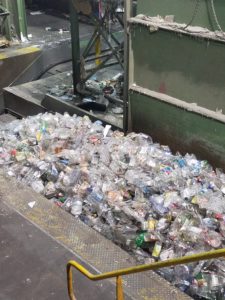
Wait…what’s MRF stand for?
Great question! MRF stands for Materials Recovery Facility. We visited a local MFR and learned what role they play in the overall recycling process – and how what we put in our recycling bins as consumers, contributes to the success or failure of the facility.
What happens here?
- Recycling trucks dump all the co-mingled items on the tip floor (co-mingled means all recyclables together – not separated yet).
- From here, it’s moved to the conveyor
- The conveyor has various sorting mechanisms and screens which allow items to filter into layers.
- Then the items go through a manned sorting line where items are sorted by employees to remove contaminants
o Contaminants in the context of recycling are items co-mingled with recycling that are not recyclable.
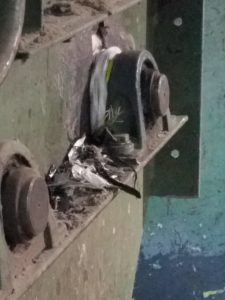
Contaminants can be dangerous to the employees that sort the items. Sorters encounter needles, bio-waste, appliances, and other items that are not recyclable. Contaminants also increase the costs to recycle such that some cities in Oregon are electing not to recycle.
Plastic grocery bags are another contaminant that deserve special mention. There are specially designated areas you can recycle these – but they cannot, let’s get clear…they cannot be included
with your regular recycle (glass, soda cans, paper). Plastic bags, when included and moved through the MFR process shut down the facility 3-4 times daily. The bags get wrapped around the rotors and ruin the equipment.
Other contaminants the MRF runs into that should not be included in your recycling bin:
- Soiled diapers
- Bio waste
- Non-recyclable plastics
- Glass & cardboard not curbside recyclable (please refer to your county guidelines for this)
All these items be removed by hand to move forward with the recycling process.
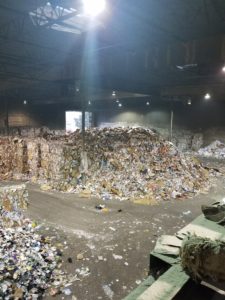
At Curb-It we see the larger picture and know the consequences of contaminated recycling. While we trust our clients are conscientious recyclers, our drivers are trained to ensure we are part of the solution and not the problem. Just one great reason to trust us to get the job done right (iPhone, Android, or call (888) 220-8743.
Recycling is important. No doubt about it. But, recycle right.
